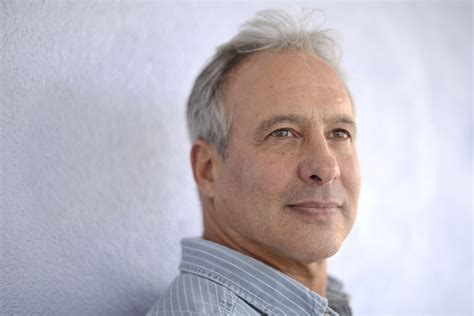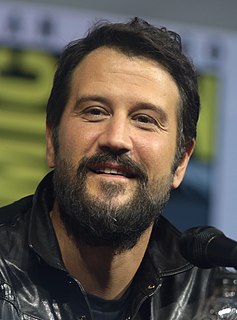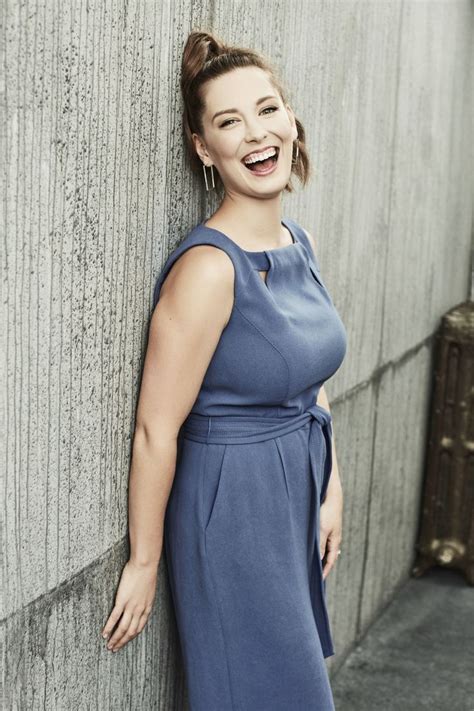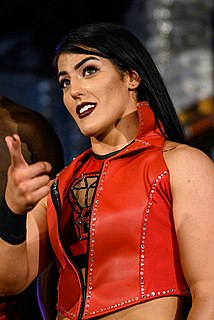A Quote by Peter Heller
The great thing about fiction is that everything you care about ends up going into the book.
Related Quotes
I think, about the distinction between fiction and nonfiction. Fiction is not really about anything: it is what it is. But nonfiction - and you see this particularly with something like the BBC Samuel Johnson Prize for Non-Fiction - nonfiction we define in relation to what it's about. So, Stalingrad by Antony Beevor. It's "about" Stalingrad. Or, here's a book by Claire Tomalin: it's "about" Charles Dickens.
Publishing a book is a great thing, and I'm grateful, but it's also a horrible, exposing thing. Once you've published a book, you never write quite as freely again. You're aware, from that point onward, of the kinds of things critics might say about it. You're aware of the kinds of things your publishers might like and dislike about it. You're half-aware of marketing strategies - of all the stuff around the book. Whereas with your very first piece of fiction, if you're lucky, those things barely occur to you at all.
Writing fiction is very different to writing non-fiction. I love writing novels, but on history books, like my biographies of Stalin or Catherine the Great or Jerusalem, I spend endless hours doing vast amounts of research. But it ends up being based on the same principle as all writing about people: and that is curiosity!
The stuff that I used to worry about before, it's like I don't worry about it anymore. Which is kind of a beautiful result of having a baby. It's like everything gets so simple. It's like, 'Great, I care about how you're doing. I care about getting you what you need, and the rest of this stuff, if it happens, great, if it doesn't happen, oh well.'
A travel book is a book that puts you in the shoes of the traveler, and it's usually a book about having a very bad time, having a miserable time, even better. You don't want to read a book about someone having a great time in the South of France, eating and drinking and falling in love. What you want to read is a book about a guy going through the jungle, going through the arctic snow, having a terrible time trying to cross the Sahara, and solving problems as they go.






































